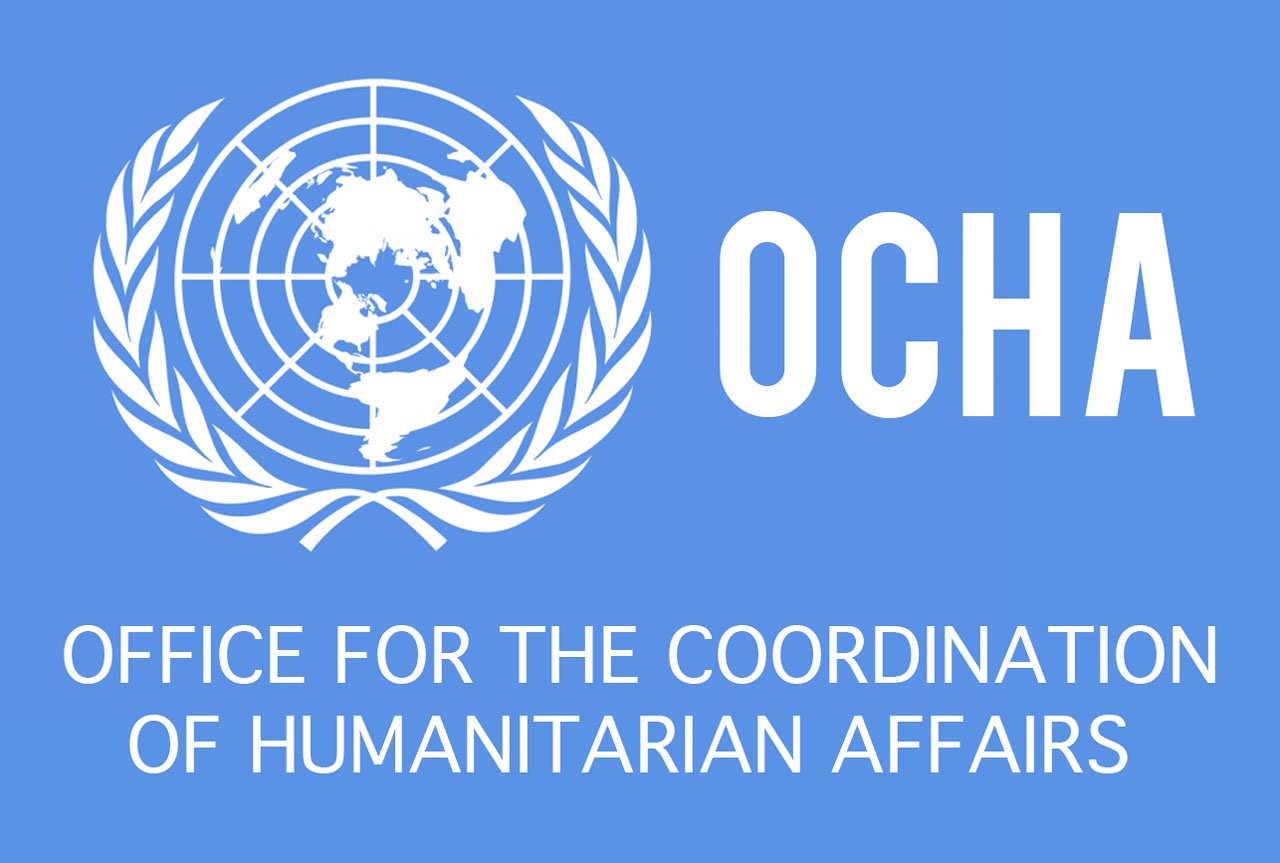The United Nations Office for the Coordination of Humanitarian Affairs (OCHA) has once again expressed concern over the suspension of US aid to Afghanistan.
According to OCHA, the aid suspension has resulted in the loss of jobs for 1,700 female healthcare workers and the closure of 188 health centers by the end of February, affecting the lives of approximately 1.6 million people.
OCHA also noted that 30 health organizations have scaled back their operations due to the situation.
One section of the OCHA report reads: “As of late-February, 188 health facilities had closed impacting 1.6 million people; 1,700 female national health workers had lost their jobs; six mine action staff and 29 third-party contractors had been terminated, resulting in a loss of quality assurance, planning, accreditation; and data management for mine action operations; while US $3.4 million in multi-purpose cash assistance for more than 7,000 households was at risk, in addition to post-arrival and protection support for vulnerable returnees.”
Dr. Mojtaba Sofi stated: “This situation has a direct negative impact on the health of our mothers and the general public. It is unfortunate that we rely on such aid, but we must find alternatives for the future. Our government must strive to move away from financial dependency and ultimately become self-sufficient.”
Findings from OCHA’s first round of surveys show that:
- 68% of humanitarian partners in Afghanistan have reduced their operational goals,
- 45% have limited their geographical reach, and
- 42% have downsized their staff.
OCHA has warned that without US funding, fewer Afghans will be eligible for humanitarian assistance in 2025.
Abdul Ghafar Nezami, an economic affairs expert, said: “Institutions created to improve countries’ economic situations should not be influenced by global political agendas. There should be no discrimination against the Afghan people, and economic challenges should not be ignored to the point of driving Afghanistan’s economy into crisis.”
Given that a significant portion of US aid was allocated to humanitarian, health, and social protection projects in Afghanistan, the Ministry of Economy has once again called on the international community not to politicize humanitarian aid.
Abdul Rahman Habib, spokesperson for the Ministry of Economy, stated: “We urge all donor institutions to not only continue humanitarian assistance but also cooperate in job creation and poverty reduction through development projects. This will help Afghans shift from reliance on aid to working for their own livelihoods.”
Before the current government came to power, the US primarily channeled foreign aid through USAID, but Donald Trump canceled 80% of its activities.

